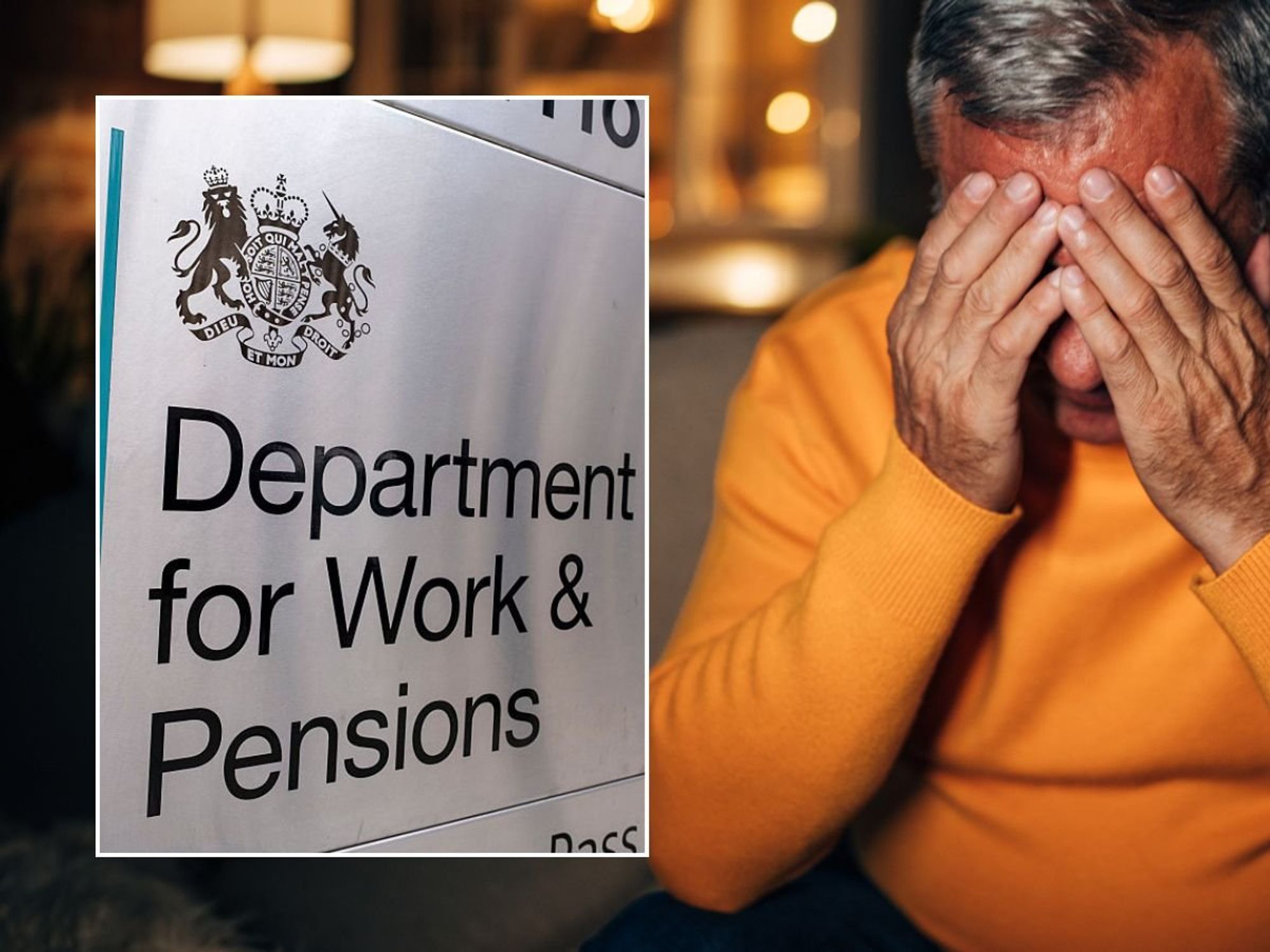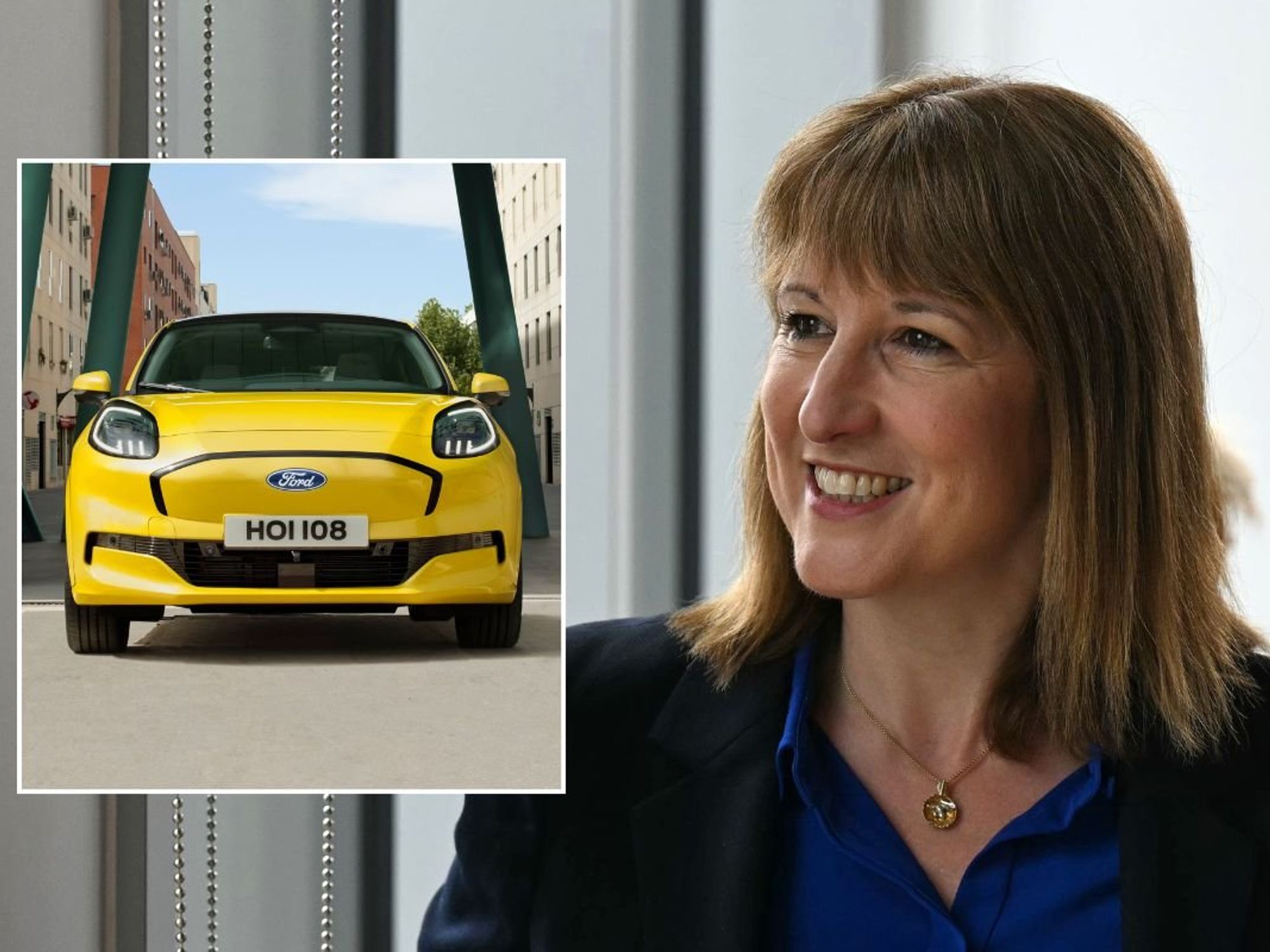Cash use under threat as millions of Britons risk being turned away for using notes and coins at the till

Despite strong public support for keeping cash, more businesses are turning it away, prompting warnings of a two-tier society
Don't Miss
Most Read
Britons are increasingly finding themselves unable to use cash, even when they want to.
Despite strong public support for keeping coins and banknotes in circulation, many are being turned away at the till.
More than half of UK consumers say they've recently visited places that either refused to take cash or made it harder to use, raising new concerns about how accessible payments are across the country.
The survey, carried out by YouGov for cash network Link, found that 52 per cent of people had experienced this within the past two months. Over half (56 per cent) said they found it inconvenient.
Despite the growth of digital payments, most people still want the option to use physical money. Around 76 per cent said being able to pay with cash is important, and 82 per cent believe all shops should accept it.
Many are particularly worried about the impact on vulnerable groups.
A large majority (85 per cent) said a fully cashless society could exclude people who rely on cash, such as the elderly, abuse survivors, or those with learning difficulties.
Older people remain especially reliant on cash. One in four over-55s said they preferred it, compared to just eighr per cent of 25 to 34-year-olds.
Beyond convenience, 71 per cent of people said cash gives them a sense of control and freedom over their spending.
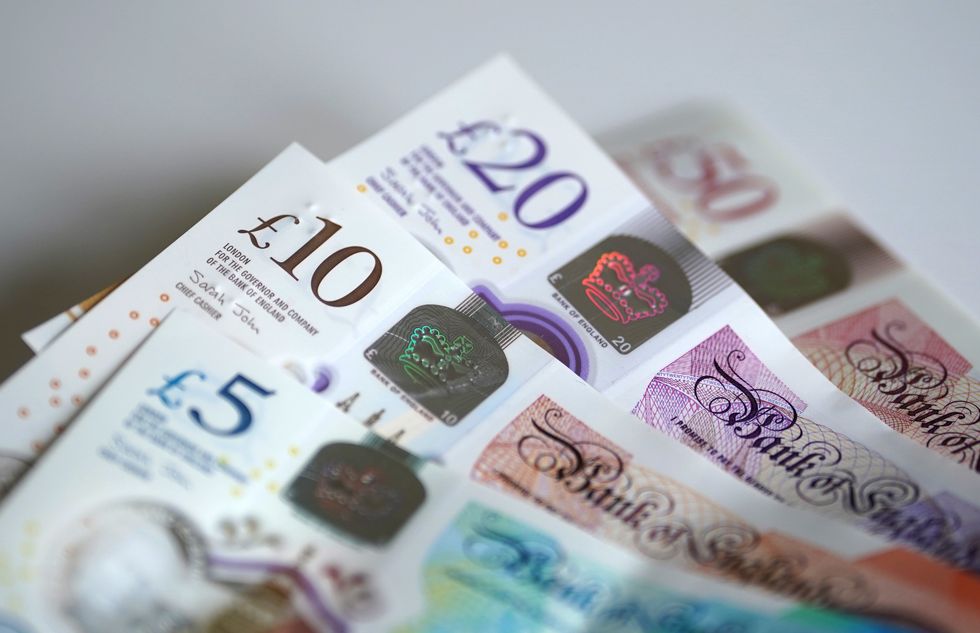
Around 71 per cent of people said cash gives them a sense of control and freedom over their spending
|PA
The Treasury Committee has warned that removing cash could lead to a two-tier society, leaving behind those unable to manage digital payments. These individuals often rely on physical money for budgeting and independence.
Graham Mott, Link's director of strategy, emphasised the enduring significance of physical currency in Britain's financial ecosystem.
He said: "Cash remains a critical part of the UK's payment landscape. This research shows that, while digital payments are growing, cash continues to play a vital role in financial inclusion, budgeting and consumer choice."
Ross Borkett, banking director at the Post Office, reinforced this perspective: "The confidence cash gives to people is clear we know our customers rely on it to ensure they can budget effectively and when digital systems go down, cash continues to offer a secure and reliable alternative to online payments."
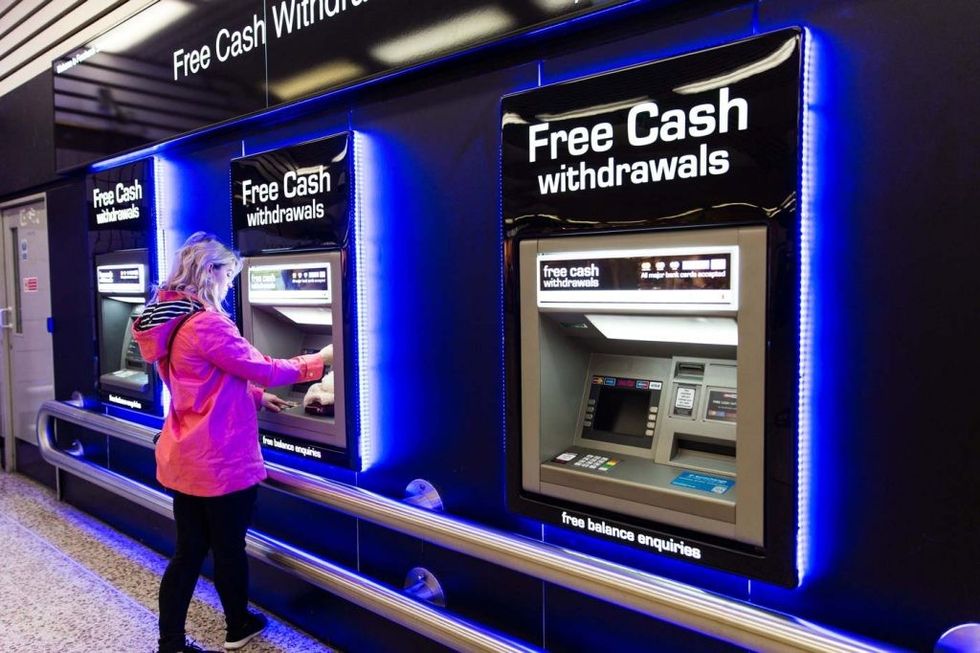
Even though contactless cards were the most popular method overall, preferred by 40 per cent, 65 per cent of people said they still trust physical money more
| NOTEMACHINE, A BRINK'S COMPANYBorkett noted that Post Office branches processed 6.97 million personal cash withdrawals totalling £921.63 million in June alone, representing an 8.7 per cent increase from the previous year.
The Link research found that while 75 per cent of people said they could manage everyday spending using cards or phones, only eight per cent described their lives as fully cashless. Around 63 per cent said they were unlikely to stop using cash within the next year.
Even though contactless cards were the most popular method overall, preferred by 40 per cent, 65 per cent of people said they still trust physical money more, particularly as a backup if payment systems go down.
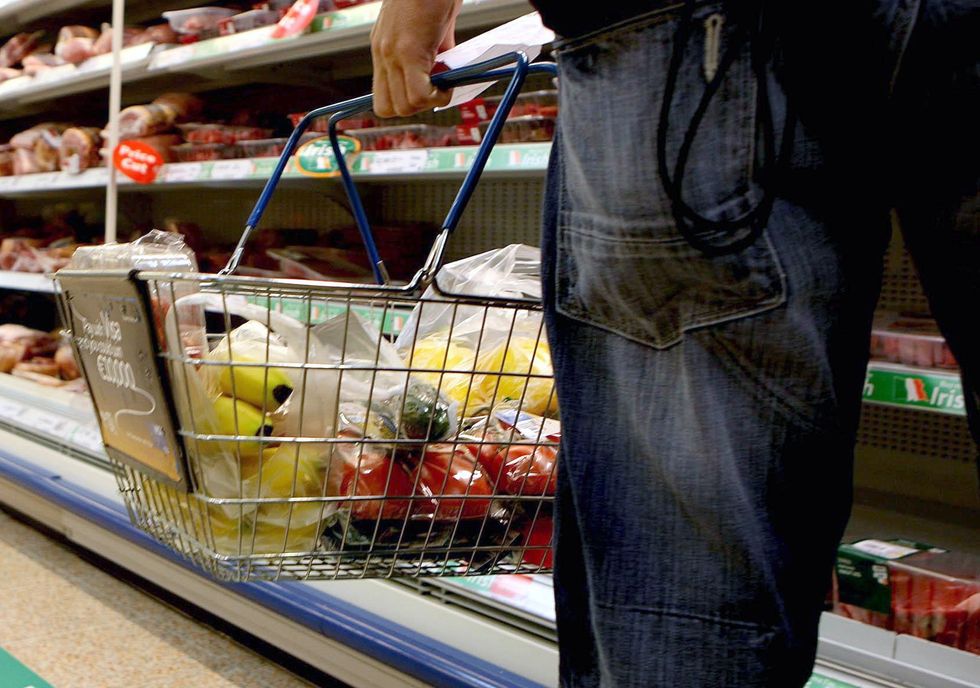
Most people said they had used cash at least once in the previous two weeks, often at supermarkets
|GETTY
Most people said they had used cash at least once in the previous two weeks, often at supermarkets or convenience stores, showing it still plays a central role in daily life.
In response to concerns, the Bank of England has agreed to keep monitoring cash acceptance across the UK, following calls from the Treasury Committee. The committee stressed the need for better tracking of businesses that no longer take cash and warned that without action, some groups could be left behind in a digital-only economy.More From GB News








